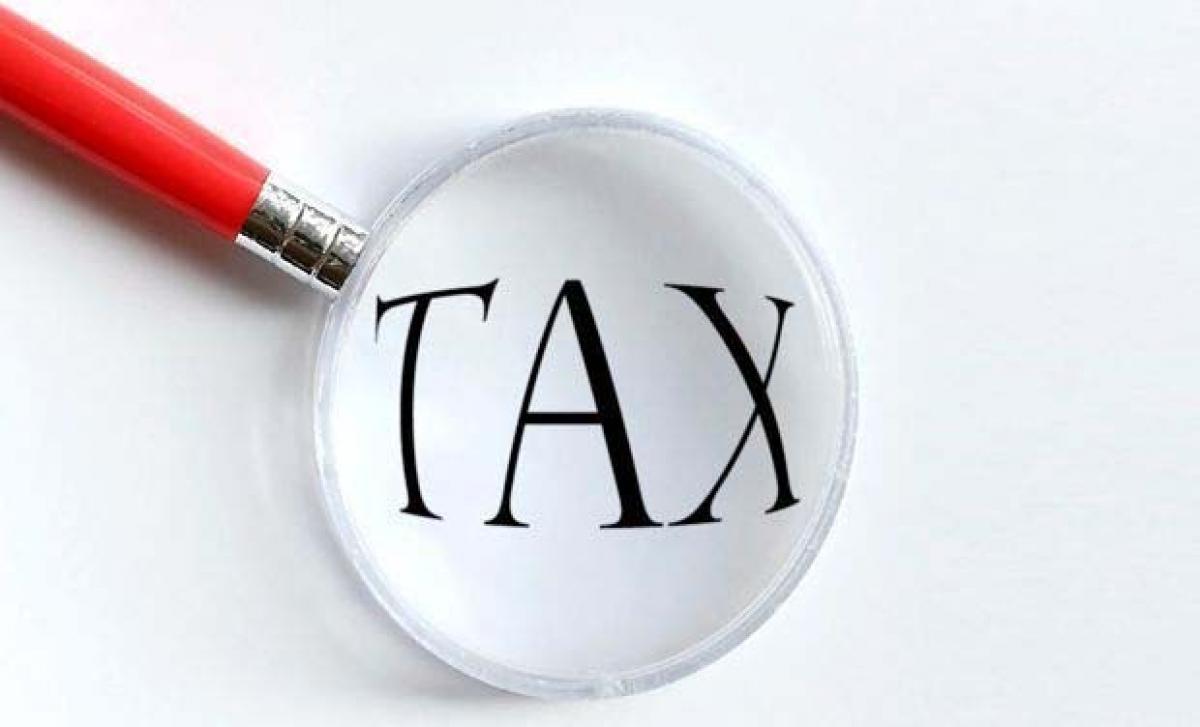Live
- VIP Treatment: Exclusive Benefits for High Rollers in Online Casino
- LS polls: Union Minister Bhagwanth Khuba, Dingaleshwara seer, Priyanka Jarkiholi file nominations in K'taka
- Amid show of strength, Congress’ Praniti Shinde files nomination from Solapur
- Tamil Nadu Police gives clean report to Isha Foundation in missing volunteers case
- Home Minister Amit Shah to address public meeting in Goa on April 24
- Gurgaon Open: M Dharma fires 67 for two-shot lead on penultimate day
- Sharad Pawar made many attempts to finish Shiv Sena, claims Maha minister
- Former England opener Raman Subba Row dies aged 92
- IPL 2024: Impact player rule is affecting the progress of half all-rounders, says Zaheer Khan
- ‘Teppa samudram’ review: Entertains with twists and turns










